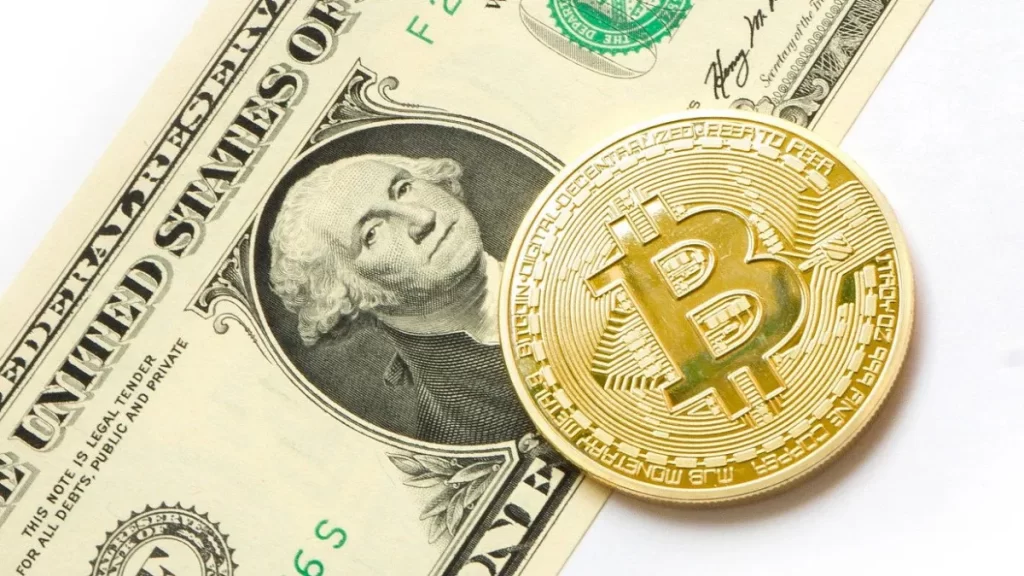
The post Will Bitcoin’s (BTC) Price Surge to $21K this Weekend? appeared first on Coinpedia Fintech News
Bitcoin’s price is finding stability after a difficult week, trading at $19,000. External factors such as the South Korean government’s decision to ban cryptocurrency trading caused the market to stall roughly at $18,000, forcing a rejection at around $19,500.
Analysts are nearly unanimous in believing that the Bitcoin price has already settled at its floor value, suggesting that it will only go up from here. However, investors appear to be divided on this issue, instead focusing their attention on other potential investments amid rising interest rates in order to combat out-of-control inflation.
Bitcoin’s price has been on a rollercoaster ride this year, and it doesn’t look like it is slowing down any time soon. After hitting an all-time high of $19,783 just a week ago, the price quickly dropped to $16,200 in what some have called a correction.
Now, the price is on the rebound once again and is currently trading at $19,110.10. Analysts are divided on where the price will go next, but most agree that it is only a matter of time before Bitcoin hits $20,000.
US Federal Reserve increasing interest rates causing a bear market in the crypto industry
Stocks in the bitcoin mining sector have been trapped in a thick fog for some time, owing to the crypto industry bear market. This week was exceptionally difficult for most equities across the world, with the US Federal Reserve increasing interest rates by 0.75 percent. To combat skyrocketing inflation caused by high energy and food costs, the Bank of England (BoE) announced a smaller rate increase of 0.5%.
According to The Block, by the market’s close on Friday, Marathon Digital Holdings, Iris Energy, and Cipher Mining had taken the biggest hits. Across the board, Bitcoin mining stocks saw losses, with BTC prices doddering below $19,000.
While Bitcoin’s price may have hit a bottom, it doesn’t have the drive to sustain recovery due to investors this year cutting investment budgets to riskier markets because of spiking inflation and tight monetary policy.

 2 years ago
140
2 years ago
140














 English (US) ·
English (US) ·